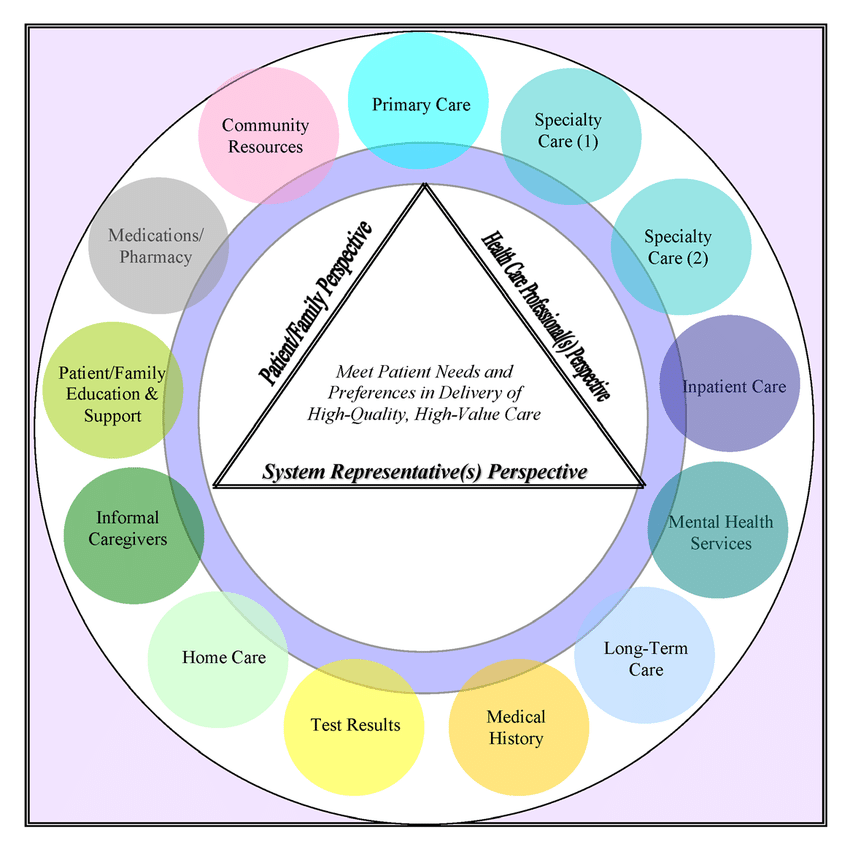What is Care Coordination?
“A process that links children with special health care needs, and their families, to services and resources in a coordinated effort to maximize the potential of children and provide them with optimal health care.“
Antonelli RC, McAllister JW, Popp J. Making Care Coordination a Critical Component of the Pediatric Health System: A Multidisciplinary Framework. New York, NY: The Commonwealth Fund, May 2009.
“Care coordination addresses interrelated medical, social, developmental, behavioral, educational, and financial needs in order to achieve optimal health and wellness outcomes.”
American Academy of Pediatric Committee on Children with Disabilities, Care coordination: Integrating health and related systems of care for children with special health care needs. Pediatric 1999; 104(4): 978-981
Care coordination is a complex process requiring multiple partners and perspectives.


